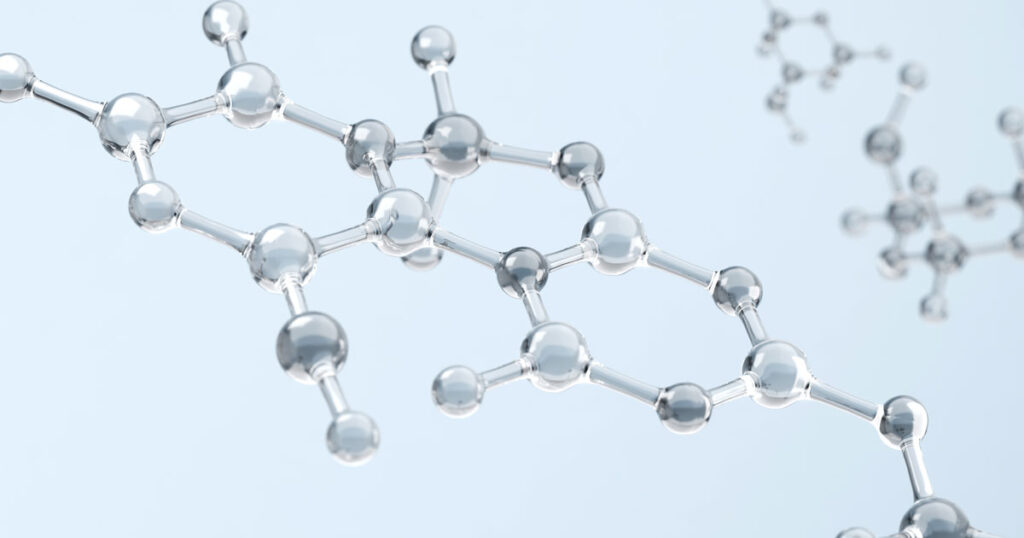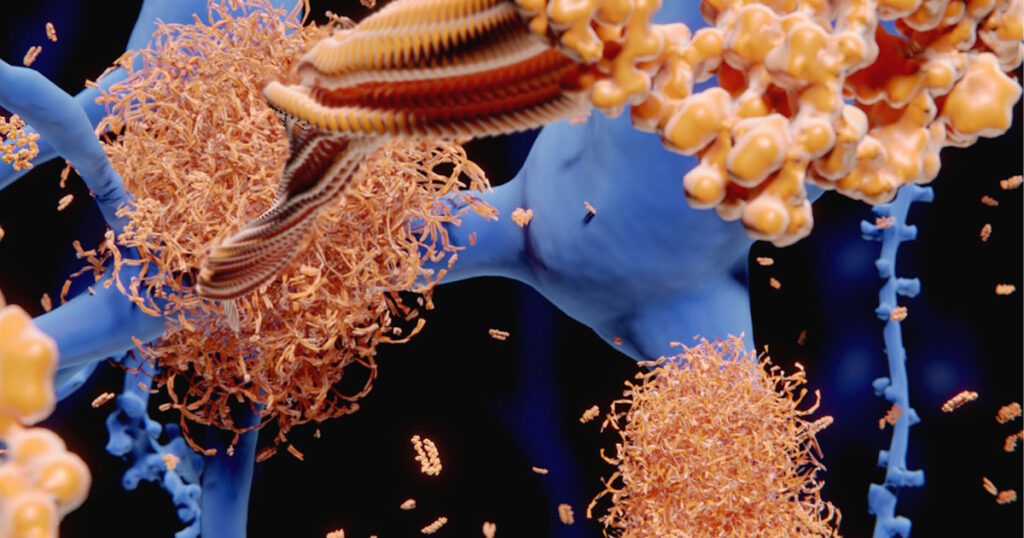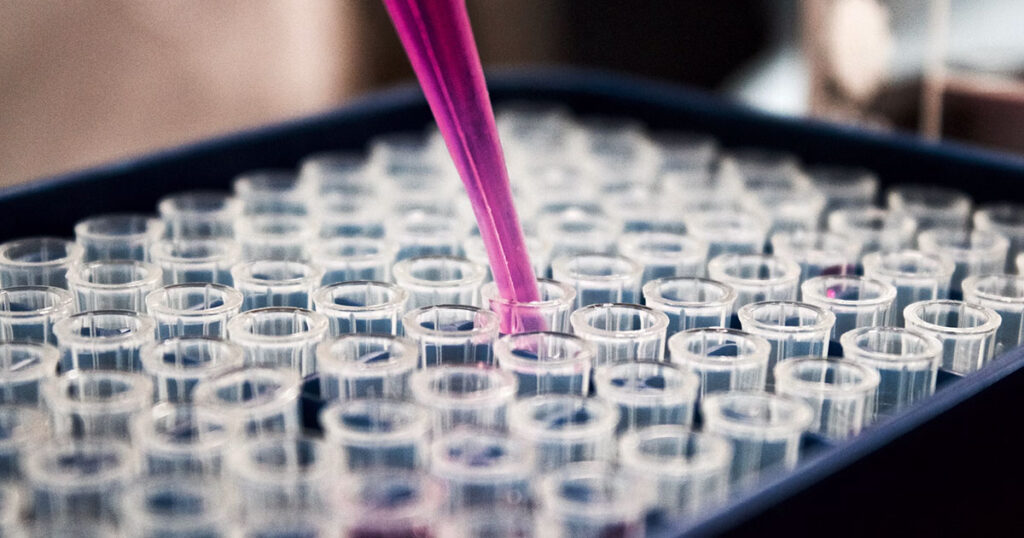Peptides are small chains of amino acids that play crucial roles in biological functions. They are essential in various physiological processes, including hormone production, immune response, and cell signaling. Peptides can be classified based on their origins, structure, and function. This blog will explore the different forms of peptides, shedding light on their diversity and significance in the biological world.
Natural Peptides
Natural peptides are produced within living organisms and can be found in every tissue and cell. They are involved in numerous biological processes. Here are some of the most significant types:
- Hormonal Peptides: These peptides act as hormones, which are chemical messengers that travel through the bloodstream to tissues or organs. Insulin, glucagon, and human growth hormone are examples of hormonal peptides. They each play pivotal roles in metabolism, blood sugar regulation, and growth.
- Neuropeptides: These peptides function in the nervous system, acting as neurotransmitters or neuromodulators. They influence brain function, behavior, pain, and pleasure. Examples include substance P, involved in pain transmission, and oxytocin, known for its role in social bonding and reproduction.
- Antimicrobial Peptides: These are part of the innate immune system and protect against bacteria, viruses, and fungi. Examples include defensins and cathelicidins, which can directly kill microbial pathogens.
Synthetic Peptides
Synthetic peptides are artificially made using peptide synthesis techniques. They have a wide range of applications in research, medicine, and industry. Synthetic peptides can mimic natural peptides or be designed for specific functions. Their applications include:
- Vaccines: Peptides can be used to create vaccines against various diseases by stimulating an immune response.
- Therapeutic Agents: Synthetic peptides have therapeutic potential in treating conditions like cancer, diabetes, and infectious diseases. For example, the drug Ziconotide is a synthetic peptide used for pain relief.
- Cosmetic Products: Peptides are used in cosmetics for their potential anti-aging, firming, and moisturizing properties.
Bioactive Peptides
Bioactive peptides have specific effects on body functions or conditions and may influence health. They can be derived from food proteins or through enzymatic hydrolysis in the body. Examples include:
- Opioid Peptides: These peptides have effects similar to opiates. They include naturally occurring peptides like endorphins, which help to alleviate pain and promote feelings of well-being.
- Antioxidant Peptides: These peptides can neutralize free radicals and are considered beneficial in preventing oxidative stress-related diseases.
- Anti-hypertensive Peptides: Found in fermented dairy products, these peptides can help in lowering blood pressure.
Peptidomimetics
Peptidomimetics are molecules that mimic the biological activity of peptides but with improved stability, bioavailability, and efficacy. They are designed to overcome the limitations of natural peptides, such as rapid degradation by enzymes. Peptidomimetics are particularly useful in drug development, offering a promising approach for creating more effective and durable therapeutic agents.
Conclusion
Peptides are a fascinating and diverse group of molecules with a wide range of biological functions and applications. From natural peptides crucial for life processes to synthetic peptides with potential therapeutic uses, the world of peptides is vast and continually expanding. Understanding the different forms of peptides not only highlights their significance in biology and medicine but also opens up possibilities for new discoveries and innovations in science and technology.




